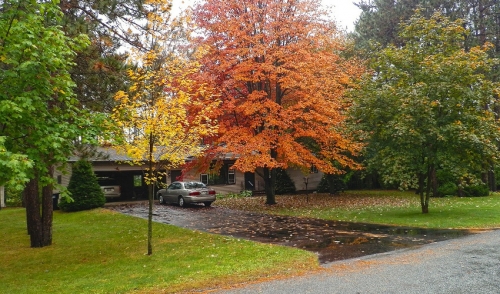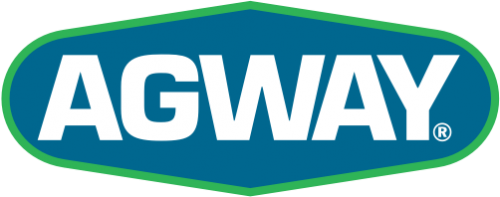{article.name} Monthly Blog Articles
WE DELIVER
Peterborough, NH: 603-924-6801 Brattleboro, VT: 802-254-8755 Walpole, NH: 603-756-9400 Hillsboro, NH: 603-464-3755 Milford, NH: 603-673-1669 Keene, NH: 603-357-5720Caring For Your Yard in the Fall

- Share this:
- Share on Facebook
- Pin on Pinterest
- Tweet on Twitter
The picturesque verdant lawn with accompanying garden, rife with eclectic herbs, flowers and vegetables…this is the image most elicited upon hearing the word “lawn,” but oftentimes, depending on your climate, that phase of a lawn's life cycle may only last a few months. To increase the quality of your summer lawn, you must also tend to it during the fall. Fall lawn care can be a beautiful and fun experience that allows you to spend time in nature in more moderate temperatures than the summer. This is the perfect time to prime your lawn for the following year’s spring and summer.
The best time to fertilize your lawn is early in the fall season if you live in the northeast and have Kentucky bluegrass or perennial ryegrass in your lawn. These cool-season grasses grow rapidly in the spring and fall. In the early fall, use a lawn fertilizer with N-P-K ratios of 3:1:2 or 4:1:2, and use it through October, at which point you should switch to a “winterizing” fertilizer. Keep in mind that these grasses should receive 1 to 4 pounds of nitrogen per 1000 square feet every year, and heavily shaded grasses need about half of that amount.
If your yard has unhealthy or sparse areas, you may want to reseed them. Avoid simply throwing seed down onto the surface. Take a metal rake and distress the soil before liberally covering the area with fresh seed. To ensure that the fresh seed retains the moisture and nutrients necessary for growth, sprinkle a thin layer of mulch made from recycled newspaper or similar material, which will swell when it gets wet, helping the new grass to grow.
By eliminating weeds in the fall, you will have less of a difficulty removing them when the snow melts and they have a chance to proliferate in great numbers. When you have finished removing weeds from around your lawn, you can turn the fallen leaves into mulch and spread some over your lawn, which will act as a fertilizing agent. Continue to mow your lawn, as it is the single most effective way to eschew the proliferation of unwanted weeds, and will result in a beautiful lawn for the following year.



Comments